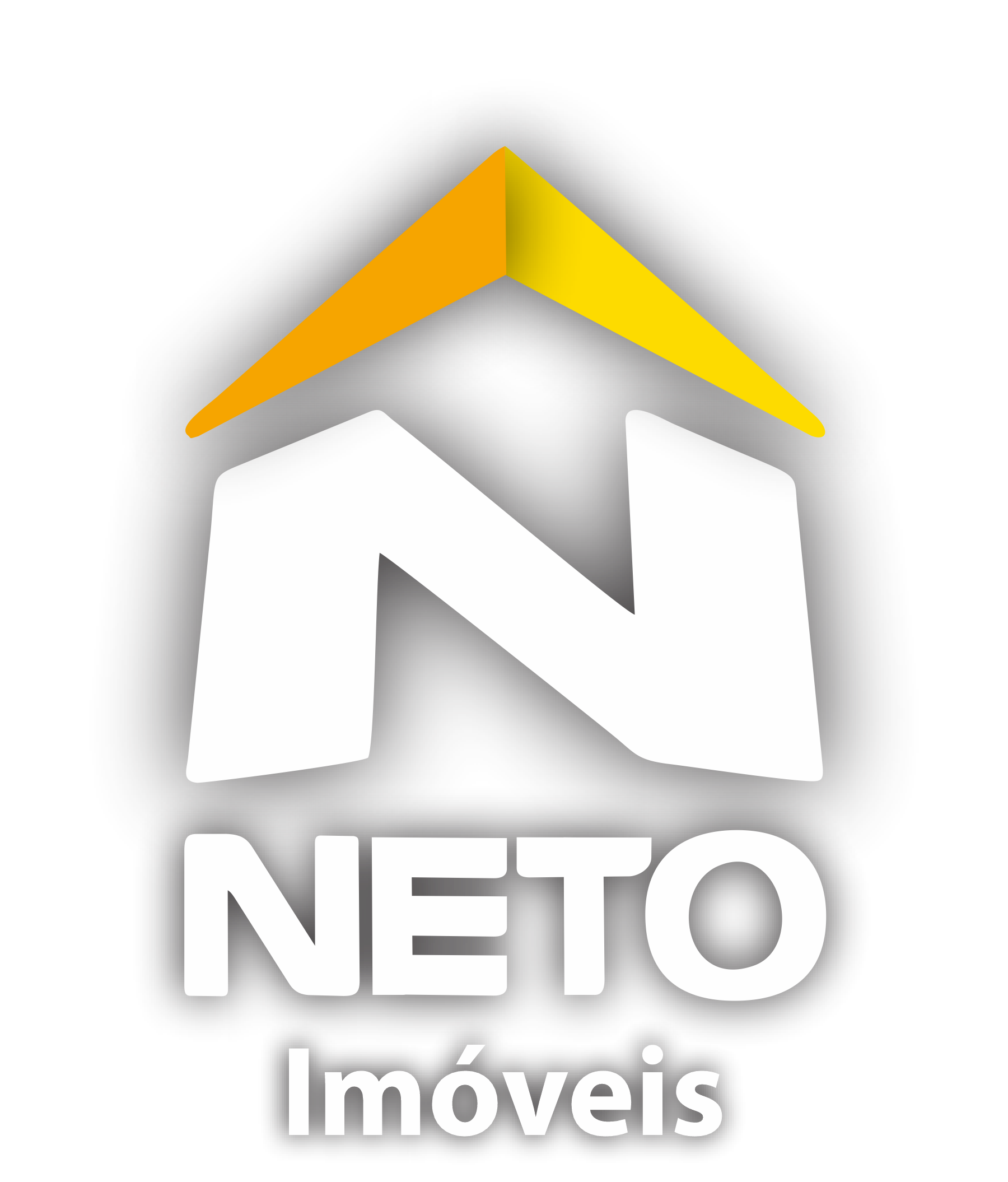Integrated CRM for Betting Enhancing Customer Experience and Maximizing Profitability

In the fast-paced world of betting, having a reliable and efficient system to manage customer relationships is essential. An integrated CRM for betting Soft2Bet serves as the backbone of customer interaction and retention, enabling operators to streamline processes, analyze data, and maintain communication with users effectively.
What is Integrated CRM for Betting?
Integrated Customer Relationship Management (CRM) systems are software solutions designed to manage all aspects of a company’s interactions with its customers. In the betting sector, such systems can help operators gather, analyze, and derive insights from customer data. These insights are crucial for creating tailored marketing strategies, improving customer service, and driving customer loyalty.
The Importance of CRM in the Betting Industry
The betting industry is characterized by fierce competition and rapidly changing consumer preferences. An integrated CRM system enables companies to stay ahead by:
- Personalizing the Customer Experience: By understanding individual customer behaviors and preferences, operators can tailor their offerings, ensuring that users receive targeted promotions and experiences.
- Improving Customer Retention: Maintaining existing customers is often more cost-effective than acquiring new ones. CRM systems help operators identify at-risk customers and enact strategies to engage them before they churn.
- Enhancing Communication: Integrated CRM allows for seamless communication channels, whether through email, SMS, or social media, ensuring that customers feel valued and informed.
- Data-Driven Decision Making: Access to real-time data analytics empowers operators to make informed decisions, from marketing campaigns to product offerings, resulting in more effective strategies.
Features of an Effective Integrated CRM for Betting
To maximize its potential, an integrated CRM for betting should include several key features:
1. 360-Degree Customer View
An effective CRM provides a comprehensive view of each customer, consolidating data from various touchpoints such as web visits, transactions, and customer support interactions. This holistic view allows operators to understand customer behavior better and tailor their services accordingly.
2. Advanced Analytics and Reporting
Built-in analytics tools can help operators track key performance indicators (KPIs), customer behavior trends, and campaign effectiveness. By leveraging these insights, operators can continuously optimize their strategy and improve customer satisfaction.
3. Automated Marketing Campaigns
The ability to automate marketing campaigns can save time and ensure that promotions are sent at optimal times. Personalized emails and notifications can enhance customer engagement and drive participation in betting activities.
4. Customer Segmentation

Segmentation allows operators to categorize customers based on their behaviors, preferences, and demographics. This enables targeted marketing efforts and specialized offerings that resonate with specific customer groups.
5. Integration with Other Tools
An integrated CRM should facilitate smooth communication with other software tools such as payment processors, sports data providers, and marketing platforms. This streamlining of operations can significantly enhance efficiency.
Benefits of Implementing CRM in Betting Operations
Adopting an integrated CRM in betting operations brings forth numerous advantages:
1. Increased Revenue
By enhancing customer engagement and retention through personalized offers and effective communication, betting operators can drive higher revenues. Satisfied customers are more likely to increase their betting volume and frequency.
2. Enhanced Customer Satisfaction
A seamless and personalized experience leads to increased customer satisfaction. When customers feel that their needs are understood and met, they are more likely to remain loyal to a betting brand.
3. Efficient Resource Allocation
With the insights provided by an integrated CRM, operators can allocate resources more effectively toward high-impact areas of their business. This ensures optimal utilization of marketing budgets and operational resources.
4. Proactive Customer Support
Integrated CRMs enable operators to monitor customer interactions and identify issues before they become major problems. This proactive approach to customer support enhances the overall experience and reduces churn rates.
Challenges of Implementing an Integrated CRM
While the benefits of integrated CRM systems are significant, operators may face challenges when implementing them:

1. Data Privacy Concerns
With increasing scrutiny on data privacy, operators must ensure that their CRM systems comply with regulations. This might require additional resources and expertise to manage data securely.
2. Integration Issues
Integrating CRM with existing software and systems can sometimes be complex, requiring careful planning and execution to ensure a smooth transition.
3. Change Management
Adopting a new CRM system may encounter resistance from staff who are accustomed to legacy systems. Proper training and change management strategies must be implemented to ease the transition.
Best Practices for Implementing Integrated CRM in Betting
To ensure successful implementation, betting operators should consider the following best practices:
1. Define Clear Goals
Before implementing a CRM system, it’s crucial to define clear business objectives and how the CRM will help achieve them. This alignment will guide the selection and configuration of the system.
2. Involve Stakeholders
Involving key stakeholders from various departments in the decision-making process can lead to better acceptance and utilization of the CRM system.
3. Conduct Regular Training
Continuous training for employees ensures that they are familiar with the CRM features and can use them effectively to enhance customer interactions.
4. Monitor and Optimize
After implementation, it’s essential to monitor the system’s performance and gather feedback for continuous improvement. This iterative approach helps refine CRM strategies over time.
Conclusion
In the betting industry, an integrated CRM system is not just a luxury; it’s a necessity. As competition intensifies and customer expectations evolve, operators must leverage technology to create deeper, more meaningful relationships with their customers. By understanding the benefits, challenges, and best practices surrounding integrated CRM, betting companies can not only survive but thrive in today’s dynamic marketplace.
